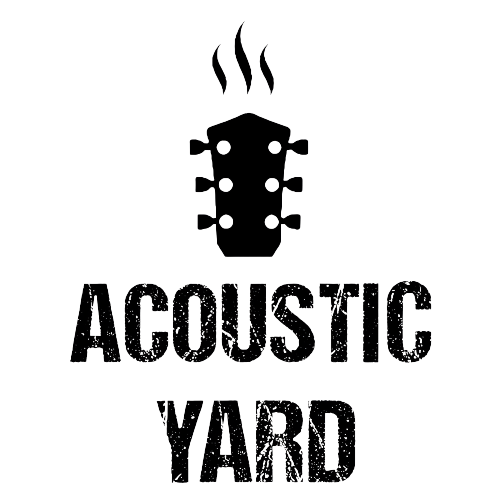
Why Quality Instrument Cables Are Key to a Better Sound
Share
Why Guitar Cables Matter
A quick search on any music retailer's website will reveal that cables fall into two categories: basic "standard" cables and those that promise superior performance, claiming to provide the cleanest, most transparent tone possible. But how much do guitar cables really affect sound? While it's easy to focus on upgrades for guitars, amps, or pedals, cables are just as important. As a part of your signal chain, the quality of your cable can affect everything from clarity to tonal richness.
Guitar cables may seem simple, but they carry a critical role in transmitting your guitar’s signal to your amplifier. In fact, cables can be considered the "weakest link" in the chain, and any degradation in their quality can negatively affect the signal. This is why selecting the right cable is key to ensuring your setup performs at its best.
Understanding the Science of Guitar Cables
Guitar cables are "passive" components, meaning they don’t enhance or boost your signal; they simply transmit it. However, different cables have varying characteristics that can influence tone, and one of the most significant factors is capacitance.
Capacitance refers to a cable's ability to hold an electrical charge, which is not ideal for audio signals. Ideally, the cable should transfer the signal from your guitar to your amplifier without retaining any energy. High capacitance can act as a low-pass filter, cutting off higher frequencies and potentially dulling your tone.
So, does lower capacitance always mean better sound? Not necessarily. While a low capacitance cable can benefit guitars with passive pickups by preserving high frequencies, it may not always be the best choice for every player. Guitars with a brighter, thinner sound might actually benefit from a cable with a higher capacitance, adding warmth and fullness to the tone. The key is experimenting with different cables to find the one that complements your instrument and playing style.
The Impact of Cable Length
Another factor affecting tone is the length of the cable. Longer cables can introduce additional capacitance, which can reduce treble frequencies and affect your overall tone. For instance, legendary guitarist Eddie Van Halen was known to be able to tell the difference between a 5-meter and 10-meter cable by ear, thanks to the increased signal loss over distance.
Unless you require a longer cable for practical reasons, using a shorter cable is usually preferable to maintain a stronger, more vibrant signal. For best results, try to keep the cable length as short as possible.
What Makes High-Quality Cables Worth the Investment?
When it comes to premium cables, the higher price tags are typically justified by the quality of the components and construction. Expensive cables tend to have better shielding, reducing interference and signal degradation. They also feature higher-quality connectors and better overall durability, ensuring that the cable will last longer, even with regular use.
A well-constructed cable will have fewer issues with signal degradation or interference, resulting in cleaner sound and improved performance. While expensive cables may not always provide an obvious tonal improvement, they often offer peace of mind and long-term reliability.
The Role of Cable Quality and Durability
It's not just about sound quality—cable durability is equally important. Many musicians have faced the frustration of cables breaking down after only a few months of use. The more affordable cables might seem like a good deal initially, but they tend to wear out quickly due to inferior materials and construction.
Cables are exposed to a lot of wear and tear, from being stepped on to being coiled up after each gig. Over time, poor-quality cables can develop internal damage, leading to signal loss or unwanted noise. Investing in a high-quality cable ensures you’ll get years of use without constant replacements.
Conclusion: Quality Cables for the Win
While expensive guitar cables may not dramatically alter your sound, investing in a high-quality instrument cable can improve your tone, enhance your overall performance, and ensure long-lasting reliability. Choosing the right cable is essential for any serious musician.
Next time you’re considering an upgrade, don’t forget about the importance of your cables. A well-built, high-quality cable can make all the difference in maintaining a clean, clear signal and preserving the integrity of your sound.
